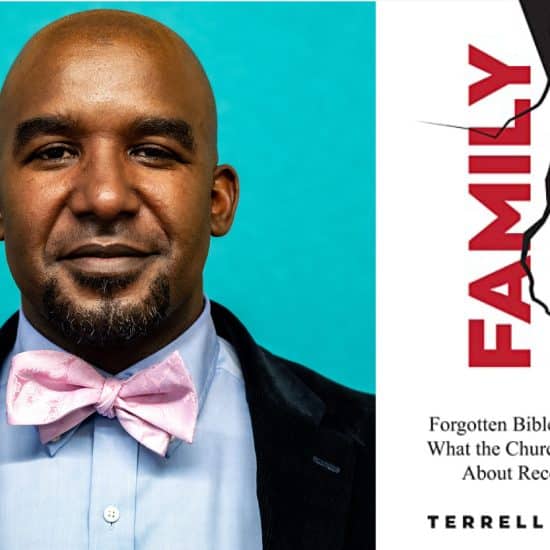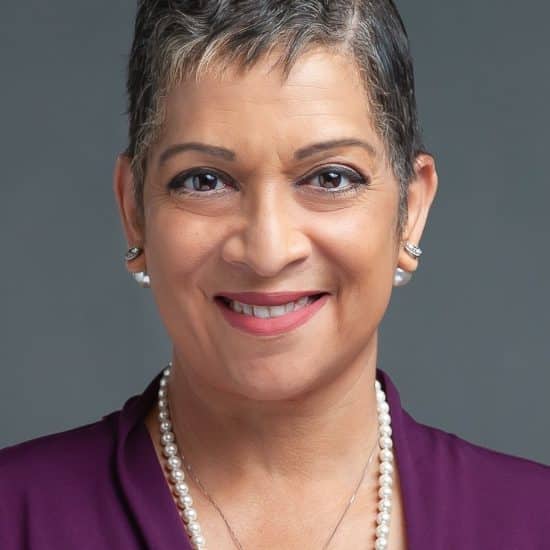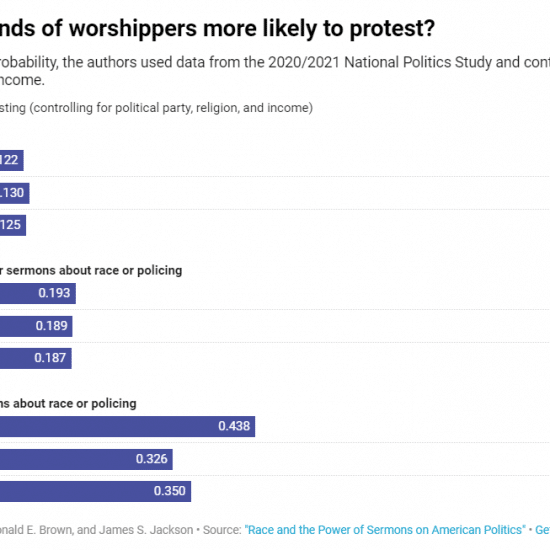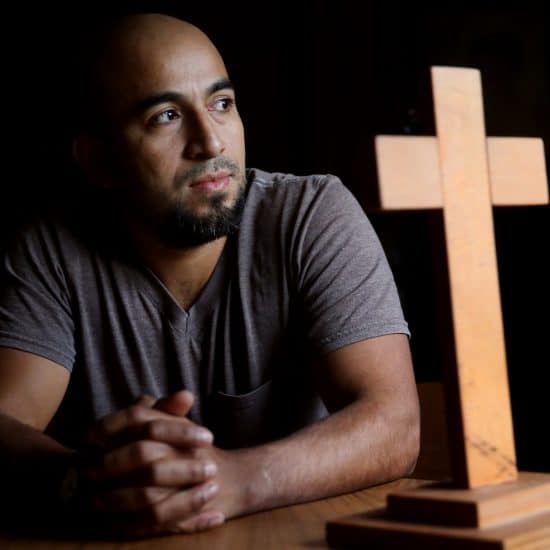A period of guided spiritual direction is often recommended for Christians struggling with their enthusiasm for discipleship.
“There are times when we need help getting unstuck,” said Jayne Davis, minister of spiritual formation at First Baptist Church in Wilmington, N.C. “Sometimes we have to find a new channel for our passion and our commitment.”
The same principle holds for congregations, Davis said, and is the approach she will employ as a speaker at “Impacting Tomorrow: Traditional Churches Finding Their Future in God’s Story” May 18-19 in Charlotte, N.C.
Recognizing churches’ need to embrace missional thinking in ministry led the Cooperative Baptist Fellowship of North Carolina to schedule the conference, Executive Coordinator Larry Hovis said.
What church and denominational leaders are learning is that, like individuals, congregations can get stuck in old patterns in the shape of outdated ministries and attitudes. The result has led to declining memberships and missed opportunities to serve the communities around them, he said.
“Many of our churches are dealing with a world that is changing very fast, and the standard way of doing things isn’t working very well,” Hovis said. “They are trying to find new ways” to do and be the church.
Sessions like “When Change is Needed but not Wanted” and “Will Your Congregation Still Exist 10 Years from Now?” are meant to gauge churches’ strengths and weaknesses, Hovis said. They’ll also learn how to apply their talents to the neighborhoods around them.
One conference speaker said he’s seeing more and more of these kinds of events nationally as churches across the denominational range are awakening to the new awaken to the social changes. But Chuck Salter said more are needed.
“I think most churches aren’t asking the question of who is their neighbor,” said Salter, president of MissionInsite, a California company that provides computerized demographic research for use in ministry discernment. “If that was the case, there wouldn’t be churches in decline like they are.”
Salter said his firm has 110,000 clients across 20 denominations, including the Catholic Church, who are in some process of using demographic information to understand the people living and working in their vicinity.
Hovis said CBF of North Carolina is making its mission about helping established congregations make the transition to a missional church model.
The national CBF General Assembly June 20-23 in Fort Worth, Texas, will also touch on the topic with events like “Pathways to Vital Ministry” and “Fixin’ Church: Finding a Way Forward in Crazy Times.”
Such programs of self-evaluation are often as messy as they are necessary for survival, Salter said. “It’s painful and dramatic, but it may cause us to rethink why and who and what we are.”
Davis said she has seen the pain that comes with the spiritual discernment process on both the individual and congregational levels. Her own church had a similar experience before purchasing the former city jail next door and reopening it as a community service center.
“It was an incredibly spiritual experience,” she said. “Where things seem unlikely, that’s when God moves.”
Jeff Brumley is assistant editor of Associated Baptist Press






